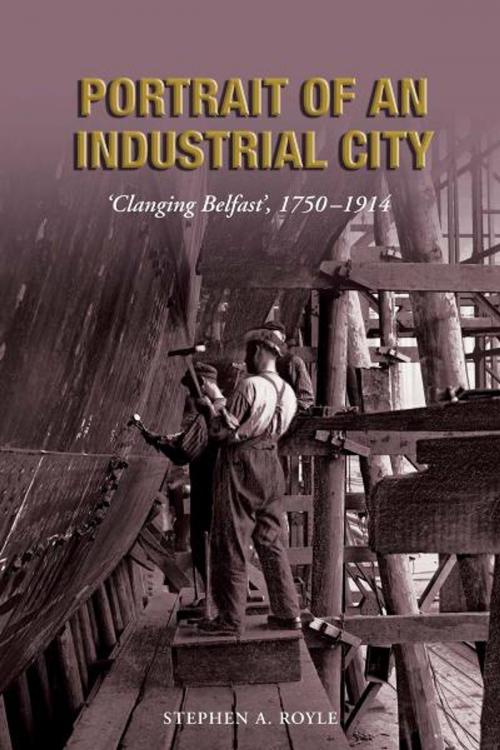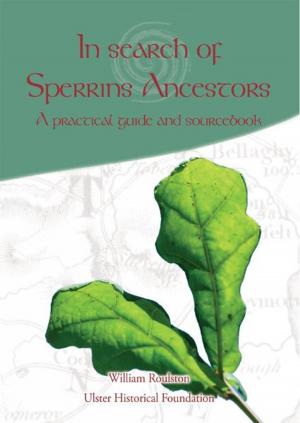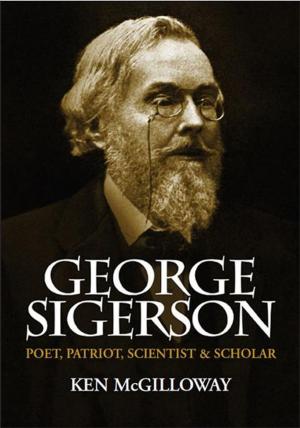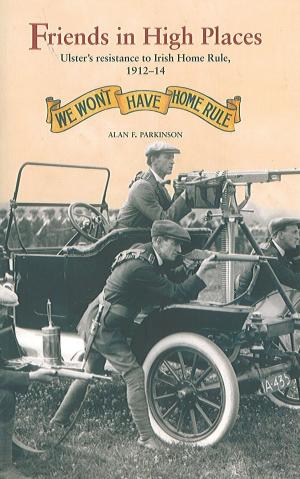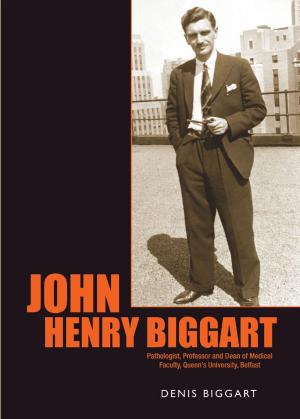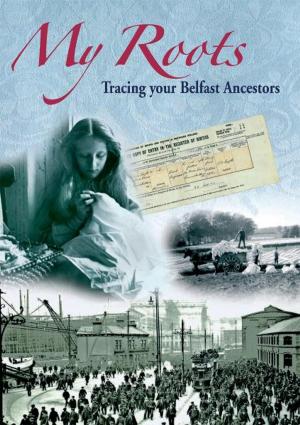| Author: | Stephen A Royle | ISBN: | 9781908448149 |
| Publisher: | Ulster Historical Foundation | Publication: | January 9, 2012 |
| Imprint: | Ulster Historical Foundation | Language: | English |
| Author: | Stephen A Royle |
| ISBN: | 9781908448149 |
| Publisher: | Ulster Historical Foundation |
| Publication: | January 9, 2012 |
| Imprint: | Ulster Historical Foundation |
| Language: | English |
Clanging: Belfast in its industrial pomp must have been noisy: shipyards manipulating sheets of metal, the constant riveting being only one source of racket; the endless clatter from linen mills, the screeching of trams on unyielding rails, sirens and hooters marking time at the factories. There were steam trains and steam engines in addition to horses' hooves beating on the streets. The rumbustious, often riotous, eternally spirited Belfast people packed into the terraced houses as well as the alleys would have added their din, especially around the drinking dens. The noise is gone, one aspect of the urban past that cannot be recreated. However, the industrial city has left other remembrances, from many buildings which still grace the post-industrial city, to the humdrum details of citizens' lives revealed in newspapers, to more formal sources such as the corporation's minute books, the deliberations of the Linen Merchants' Association and the sometimes shocking revelations in parliamentary reports.
Utilising where possible contemporary materials, this book details Belfast's development from the eighteenth century market town, where only hindsight can discover the seeds of industrial greatness, to the titanic city - in every respect - of the period prior to Great War, whose horrors were to usher in such changes. Belfast was a success: its unparalleled growth, its might in textiles, shipbuilding and other industries. However, the book cannot, does not, shy away from the darkness that imbued the clanging city, from the health problems of mill workers to the poverty behind the well-lit main streets a 'charnel house breaking in upon the gaiety and glitter of a bridal' as one description inelegantly had it. Then there were, of course, the 'intestine broils', the sectarian conflicts that blighted Belfast in the nineteenth century, as they were to do in the twentieth.
Clanging: Belfast in its industrial pomp must have been noisy: shipyards manipulating sheets of metal, the constant riveting being only one source of racket; the endless clatter from linen mills, the screeching of trams on unyielding rails, sirens and hooters marking time at the factories. There were steam trains and steam engines in addition to horses' hooves beating on the streets. The rumbustious, often riotous, eternally spirited Belfast people packed into the terraced houses as well as the alleys would have added their din, especially around the drinking dens. The noise is gone, one aspect of the urban past that cannot be recreated. However, the industrial city has left other remembrances, from many buildings which still grace the post-industrial city, to the humdrum details of citizens' lives revealed in newspapers, to more formal sources such as the corporation's minute books, the deliberations of the Linen Merchants' Association and the sometimes shocking revelations in parliamentary reports.
Utilising where possible contemporary materials, this book details Belfast's development from the eighteenth century market town, where only hindsight can discover the seeds of industrial greatness, to the titanic city - in every respect - of the period prior to Great War, whose horrors were to usher in such changes. Belfast was a success: its unparalleled growth, its might in textiles, shipbuilding and other industries. However, the book cannot, does not, shy away from the darkness that imbued the clanging city, from the health problems of mill workers to the poverty behind the well-lit main streets a 'charnel house breaking in upon the gaiety and glitter of a bridal' as one description inelegantly had it. Then there were, of course, the 'intestine broils', the sectarian conflicts that blighted Belfast in the nineteenth century, as they were to do in the twentieth.
